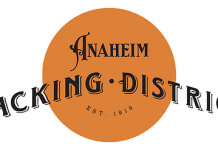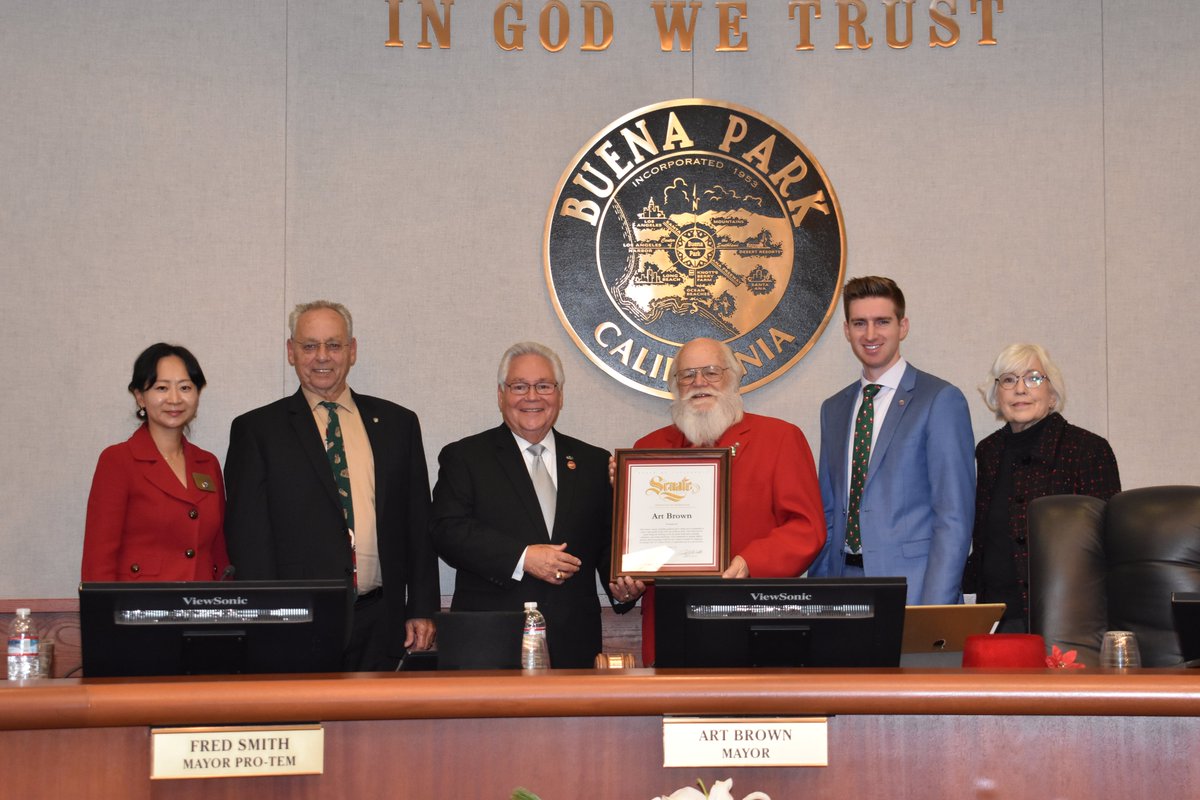Assemblywoman Sharon Quirk-Silva (D-Orange County) has moved her California Economic Improvement Plan through the California State Assembly. The plan consists of five bills that have passed without opposing votes are: Assembly Bill (AB) 767, AB 1547, AB 1552, AB 1561, and AB 1715. This package of bills will next be heard in the committees of the State Senate.
The Assemblywoman has been hard at work for Orange County during her second year of the legislative session, working across the aisle with Republican colleagues, holding informational hearings, and discussing the importance of a prudent state economy, and job creation for the state of California. This package of bills represent the concerted efforts of Quirk-Silva, and the Jobs Committee, to support small businesses and job development in California. This entire package of bills passed the Assembly floor without a single “no” vote.
“Collectively, these bills form my California Economic Improvement Plan to support small businesses, bolster job creation, improve economic stability, and cut any red tape that might hinder business from accessing beneficial programs,” said Quirk-Silva. “As the sixth largest economy in the world, California will remain competitive as a national and global leader by supporting small businesses, job growth, and the infrastructure on which it relies.”
AB 767 establishes a Small Business Master License Center within the Governor’s Office of Business and Economic Development (Go-Biz), for the purpose of developing and administering an internet based program that will allow businesses to electronically submit a business license and permit application.The bill leverages an existing Go-Biz web-based program to become a single access point for applying to and meeting existing requirements. “The internet is a useful tool for assisting businesses in navigating federal, state, and local requirements. It is vitally important for the interface to be simplified and streamlined to help our California businesses,” said Quirk-Silva.
AB 1547 modifies the definition of small businesses under the definition of small business under the California Americans with Disabilities Act Small Business Capitol Access Loan Program for increasing the number of eligible applicants. “As the Chair of the Assembly Committee on Jobs, Economic Development, and the Economy, I am committed to getting these funds deployed and small business facilities updated, in order to benefit our state’s hardworking men and women,” said Quirk-Silva.
AB 1552 expands the definition of port facilities eligible for financing through the California Infrastructure and Economic Development Bank to include inland ports.
“Inland ports are specialized locations up and down the State that facilitates cargo transportation, often times used by truck drivers,” said Quirk-Silva. “Improving the transportation infrastructure between the production and movement of goods is an important economic development priority for California.” This bill addresses the infrastructure issues that plague our transportation system in a conservative and fiscally sound way to support California’s economic needs.
AB 1715 establishes a process, including timelines, for submitting proposals to Go-Biz on the establishment of a partnership agreement to operate an international trade and foreign investment office. California’s $2.6 trillion economy is supported by a diverse set of dominant and emerging industry sectors, many of which are recognized as global leaders in their field. The purpose of this bill is to outline how outside economic development entities can recommend, and propose, the establishment of administered foreign trade offices.
For further information, see a65.asmdc.org.











